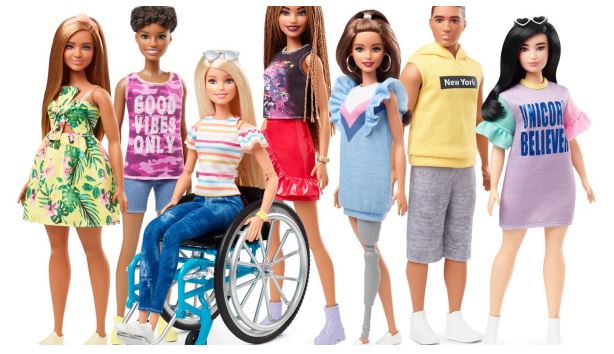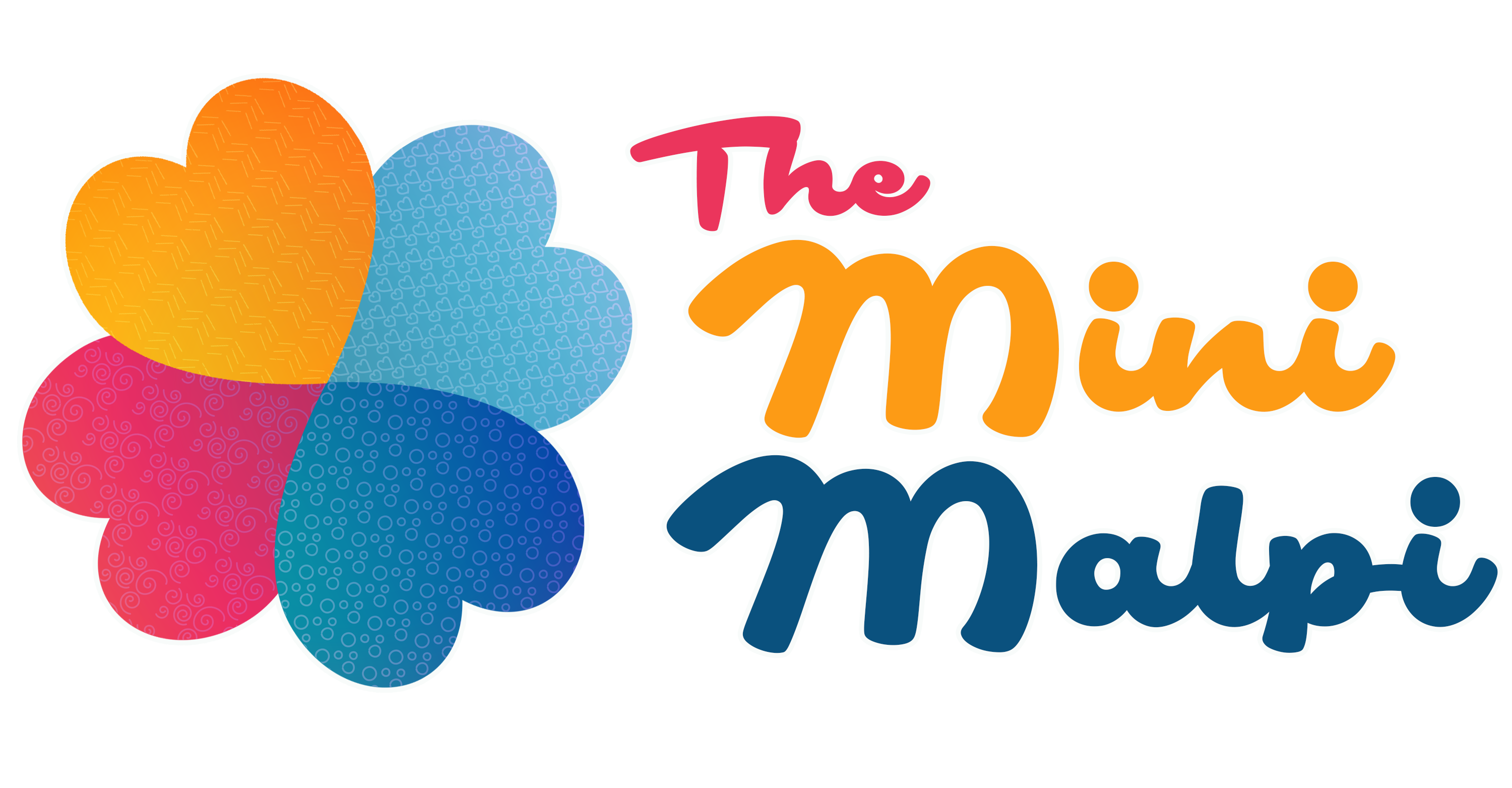Seeing yourself represented in the world cements the feeling of your own place within it and signals to others that it’s rightful place. That’s why it was lovely to receive this press release from the #ToyLikeMe Campaign…
The team behind the worldwide ToyLikeMe campaign are celebrating a win after Mattel announce the creation of a wheelchair using doll and prosthetic limb Barbie, becoming the latest brand to answer the campaign call of journalist Rebecca Atkinson and play consultant Karen Newell who established the viral ToyLikeMe campaign in 2015.

Atkinson began making over mainstream toys to give them disabilities and posting images online which went viral. The ToyLikeMe campaign called for toy box representation for 150 million disabled children worldwide after the pair noticed there were scant representations of disability in toys.
Atkinson has since seen her creations influence brands including Lottie dolls, Playmobil, HotWheelz and now the iconic Barbie.
“We’re turning triple dipple somersaulty backflips of happiness to see these products from a huge brand like Barbie,” says Rebecca Atkinson, the UK journalist and creative consultant behind #ToyLikeMe. “This is huge news for 150 million disabled children worldwide who need positive toy box representation. But it should also be noted that toys like these have the power to grow open minds in non-disabled children too.”
ToyLikeMe works closely with Dr Sian Jones from the University of Edinburgh who has found that playing with disabled toys affect the friendship intentions of non-disabled children. After playing with a wheelchair using doll for just three minutes, non-disabled children are more likely to make friends with a disabled child when they meet one in real life.
Find out more at www.toylikeme.org

Recent Comments